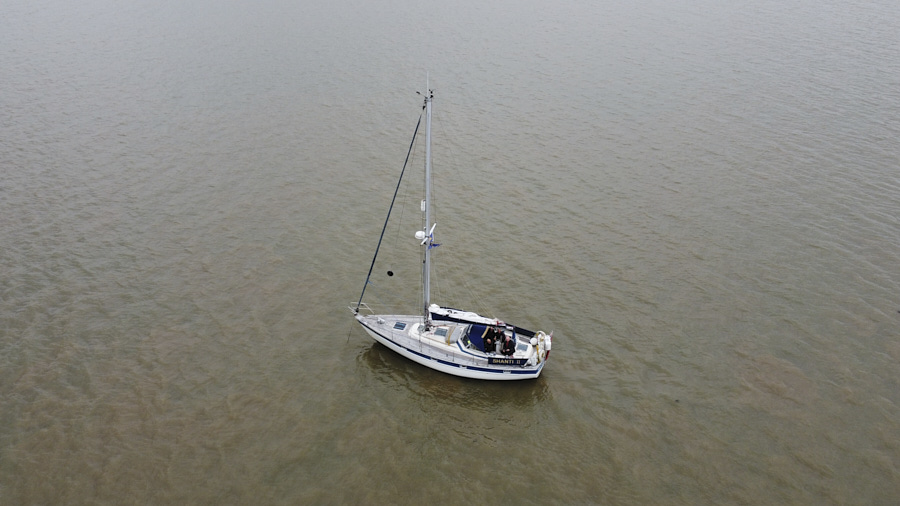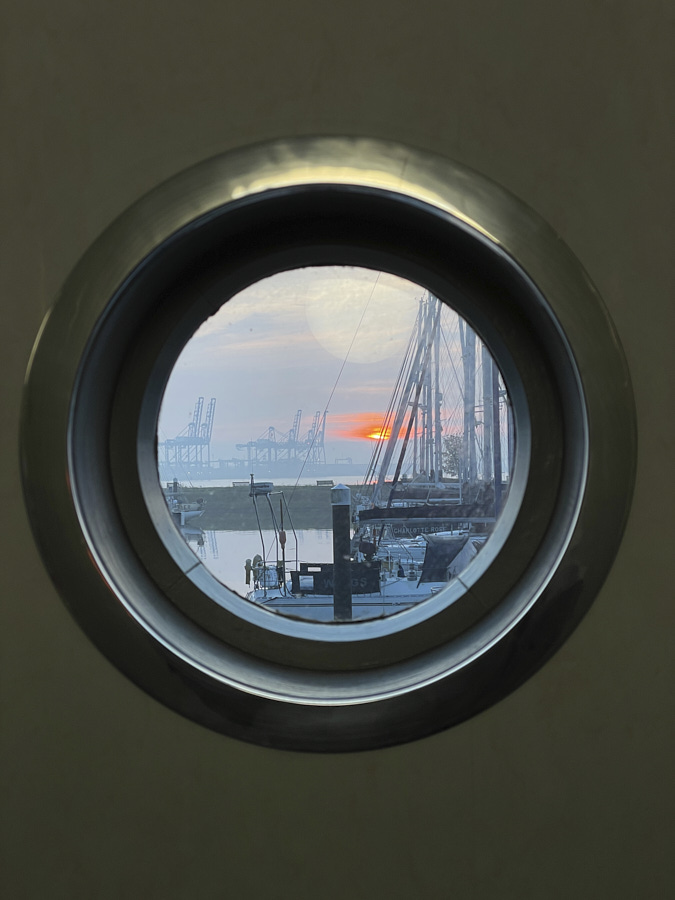Nicholas Carr, writing in The New Atlantis, has a splendid overview of how past regulation of technologies has distinguished between personal communications, which should be private, and broadcast communications, which should be regulated because, as Hoover put it, “The ether is a public medium, and its use must be for public benefit.””
He talks about how regulation of radio was accelerated because of the interference of amateur broadcasters in the rescue efforts when the Titanic went down, and follows the trajectory from there.
With the even more expansive Communications Act of 1934, Congress replaced the FRC with a more permanent body, the Federal Communications Commission, and widened its purview to include the personal communication systems of telephony and telegraphy, and eventually the new broadcast medium of television. By combining the mandate that telephone and telegraph providers operate as common carriers with the mandate that broadcasters act in the public interest, the legislation formalized the two-pronged philosophy that would govern electronic communications for the rest of the century.
The public interest, as we all know, is not easy to define. But that is part of its strength, Carr argues.
As the fraught history of the fairness doctrine makes clear, the public interest standard is not a magic bullet. Its amorphousness means that its interpretation will always be messy, combative, and provisional — as political processes tend to be in a democracy. Some legal scholars and pundits, particularly those with a libertarian tilt, have argued that the standard’s imprecision gives government regulators too much leeway. The standard, writes one typical critic, is “”vague to the point of vacuousness, providing neither guidance nor constraint.”” But that’s a misinterpretation. The public interest standard is more than just a legal principle. It is an ethical principle. It assures the people’s right to have a say in the workings of the institutions and systems that shape their lives — a right fundamental to a true democracy and a just society. The vagueness of the standard is necessary for a simple reason: public opinion changes as circumstances change.
Exactly how this distinction might be applied to social networks is not clear, he admits.
On a social network like Facebook, conversations feel like broadcasts, and broadcasts feel like conversations.
In addition, some posts which were intended for a small audience go viral and become a large-scale broadcast, whether or not that was the author’s intention. But he makes the point that the networks themselves are very aware of all the statistics about the reach of each individual post, and that this might form the basis of some form of regulatory distinctions.
And…
It’s worth remembering that Congress’s decision to license radio operators after the Titanic disaster was about more than just allocating scarce spectrum. It was about bringing those who speak to the masses out of the shadows and into the daylight of the public square. It was about making broadcasters, whether individuals, businesses, or other organizations, visible and accountable.
A very nice piece and worth reading in full. Thanks to Charles Arthur for the link.













Recent Comments